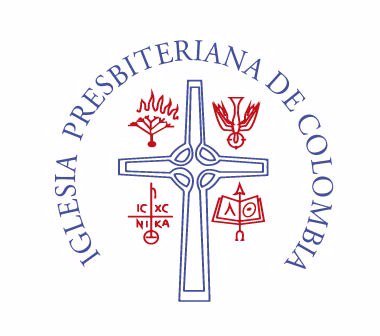As Colombia moves forward with a new administration led by President-elect Ivan Duque, marked by their aversion to the Peace Accord reached by former-president Juan Manuel Santos, the future of the Peace Accord is uncertain and other non-governmental entities have begun to pick up some of the pieces of the accord left abandoned.
The Presbyterian Church of Colombia has a considerably smaller presence than the Catholic Church, but focuses on more progressive approaches to many social problems. With a strong presence in Barranquilla, Urabá and Bogotá, and serving Afro-descendants, Indigenous and displaced persons, the Presbyterian Church has long been a proponent for peace.
Recently, CRLN was able to meet with representatives from the Presbyterian Church of Colombia and the Reformed University to discuss the current status of the peace process in Colombia, as well as the Church’s role in this process.
The Church’s main areas of involvement include: monitoring the implementation process; educating demobilized FARC members through the Reformed University; running reconciliation processes in communities and; providing leadership for DiPaz, an ecumenical group based out of Bogotá.
DiPaz has been involved in social processes and accompanying communities that work in building peace with justice through nonviolent action, the search for truth and justice that would allow for true reconciliation in Colombia.
Conversation focused on the current status of the Peace Accord in Colombia, which the representatives from the Church and University saw as shaky at best. They thought that the peace process would be unlikely to continue into the administration under Ivan Duque, and although that administration cannot legally do anything to end the accord, it seems likely that they will simply kill the initiatives through inaction.
One of the most controversial aspects of the Peace Accord is the Special Jurisdiction for Peace, known in Spanish as La Jurisdicción Especial para la Paz, and commonly referred to by its Spanish acronym as la JEP. La JEP was designed to exercise judicial functions and fulfill the duty of the Colombian state to “investigate, prosecute and sanction crimes committed in the context of and due to the armed conflict.”
La JEP offered amnesty for certain crimes in exchange for an admission of guilt from the perpetrators in order to facilitate some sort of reconciliation and transitional justice. However, not even state actors could unanimously declare support for this – the Colombian military supported la JEP, due to the ability to avoid any jail time, whereas former president Álvaro Uribe and his supporters, some of the most vocal opponents of the Peace Accord and its mandates, are strongly in opposition to la JEP as it requires an admission of government wrongdoing.
Due to the controversial nature of la JEP, it has progressed in its mandate much slower than planned. It seems that little will be done with the reconciliation aspect, especially under the new administration, and so the Presbyterian Church is working to pick up some of the pieces.
The Church is now working to carry out much of the reconciliation aspect, running reconciliation processes through the churches in local communities. These processes typically consist of a demobilized FARC member or Colombian military member coming to the Church and admitting guilt and asking those in the community for forgiveness.

